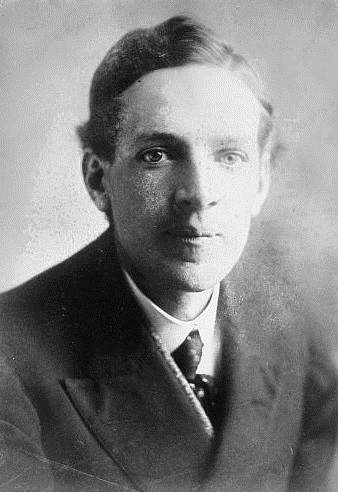|
King Coal (book)
''King Coal'' is a 1917 novel by Upton Sinclair that describes the poor working conditions in the coal mining industry in the western United States during the 1910s, from the perspective of a single protagonist, Hal Warner. As in his earlier work, '' The Jungle'', Sinclair uses the novel to express his socialist viewpoint. The book is based on the 1913-1914 Colorado coal strikes and written just after the Ludlow massacre. The sequel to ''King Coal'' was posthumously published under the title, ''The Coal War.'' Plot Hal Warner, a rich young fellow determined to find the truth for himself about conditions in the mines, runs away from home and adopts the alias "Joe Smith." After being turned away by one coal mine for fear of Hal being a union organizer, he gets a job in another coal mine operated by the General Fuel Company, or GFC. In the mines he befriends many of the workers, and realizes their misery and exploitation at the hands of the bosses. He befriends Mary Burke, who ... [...More Info...] [...Related Items...] OR: [Wikipedia] [Google] [Baidu] |
1917 In Literature
This article contains information about the literary events and publications of 1917. Events *January **Francis Picabia produces the first issue of the Dada periodical ''391'' in Barcelona. **Philosopher Hu Shih, the main advocate of replacing scholarly language with the vernacular in Chinese literature, publishes an article in the magazine ''New Youth (Xin Qingnian)'', "A Preliminary Discussion of Literature Reform", offering eight guidelines for writers. **J. R. R. Tolkien, on medical leave from the British Army at Great Haywood, begins ''The Book of Lost Tales'' (the first version of ''The Silmarillion''), starting with the "Fall of Gondolin". This first chronicles Tolkien's mythopoeic Middle-earth ''legendarium'' in prose. * February 4 or 5 – The English writer Hugh Kingsmill is captured in action in France. *February 16 – The publisher Boni & Liveright is founded in New York City by Horace Liveright with Albert Boni, and initiates the " Modern Library" imprint. *Apri ... [...More Info...] [...Related Items...] OR: [Wikipedia] [Google] [Baidu] |
Upton Sinclair
Upton Beall Sinclair Jr. (September 20, 1878 – November 25, 1968) was an American writer, muckraker, political activist and the 1934 Democratic Party nominee for governor of California who wrote nearly 100 books and other works in several genres. Sinclair's work was well known and popular in the first half of the 20th century, and he won the Pulitzer Prize for Fiction in 1943. In 1906, Sinclair acquired particular fame for his classic muck-raking novel, ''The Jungle'', which exposed labor and sanitary conditions in the U.S. meatpacking industry, causing a public uproar that contributed in part to the passage a few months later of the 1906 Pure Food and Drug Act and the Meat Inspection Act. In 1919, he published ''The Brass Check'', a muck-raking exposé of American journalism that publicized the issue of yellow journalism and the limitations of the "free press" in the United States. Four years after publication of ''The Brass Check'', the first code of ethics for journ ... [...More Info...] [...Related Items...] OR: [Wikipedia] [Google] [Baidu] |

